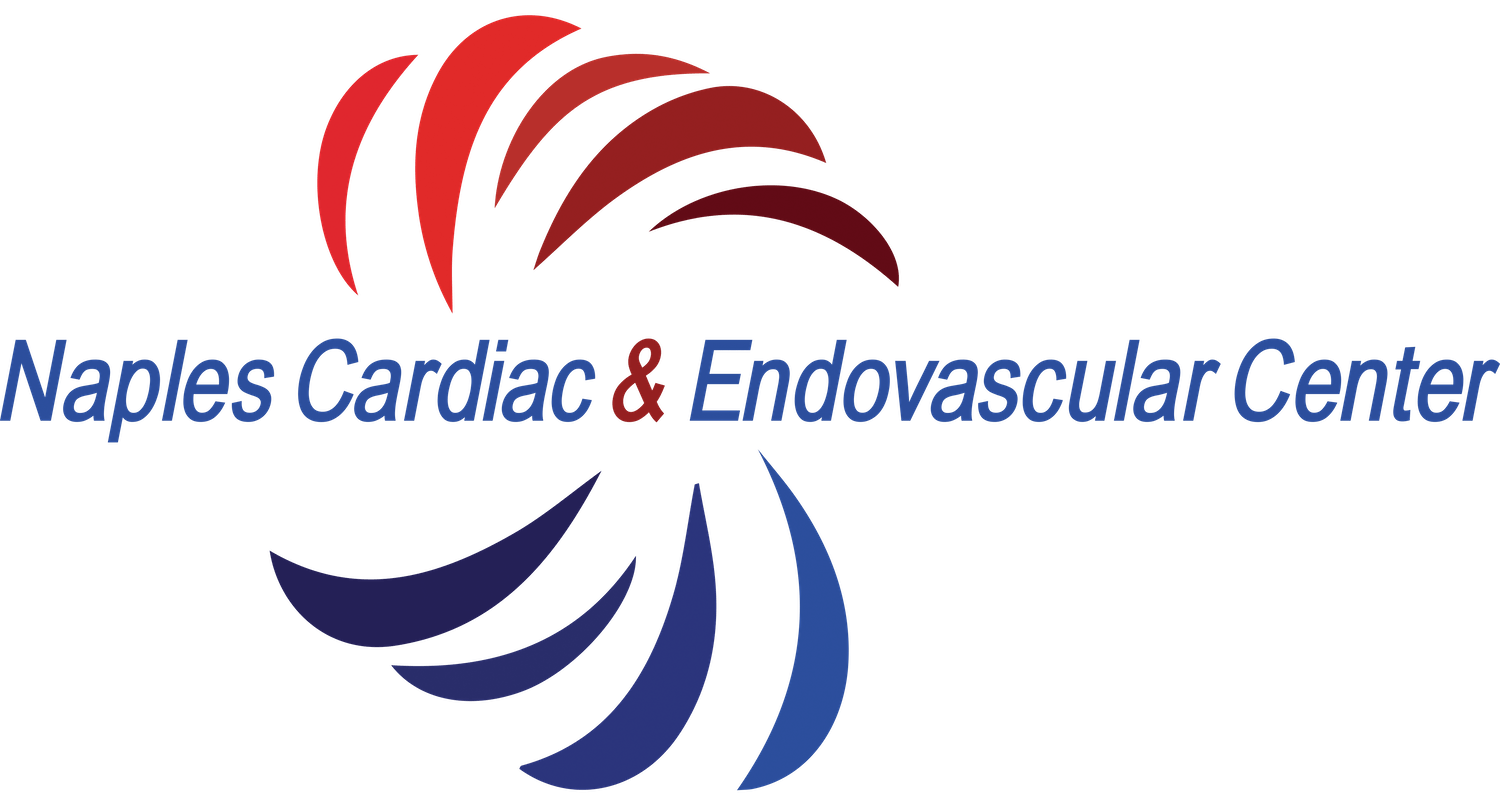A Complete Overview of Congestive Heart Failure
In the United States alone, roughly 6.2 million adults suffer from congestive heart failure. The average annual spend to screen for, medicate, and treat CHF is an extortionate $219 million—yet many at risk of the disease are unfamiliar with its implications.
CHF occurs when the heart can no longer supply blood to the body, causing fluid buildup around the lungs and other tissue. As blood rises back into the lungs, breathing becomes labored, and swelling occurs in the ankles, feet, and legs.
Common types of congestive heart failure
Heart failure can affect either side of the heart or both. Each type will demonstrate differing symptoms and require various treatments.
Left-Sided CHF
Left-sided heart failure occurs more frequently than its right-sided counterpart. This condition causes the pulmonary veins to clog with blood, resulting in shortness of breath, chronic coughing, and trouble breathing.
The two types of left-sided CHF are:
Systolic Failure/Heart Failure with Reduced Ejection Fraction (HFREF)
The left ventricle no longer contractors normally, and the heart is too weak to push a sufficient level of blood into the body.
Diastolic Failure/Heart Failure with Preserved Ejection Fraction (HFPEF)
The left ventricle stiffens, losing its ability to relax. The heart doesn’t appropriately fill with blood between beats.
Right-Sided CHF
When the right ventricle can no longer pump enough blood to the lungs, the veins fill with excess. The fluid then leaks into the surrounding tissues and typically collects in the legs, belly, or genital area.
Biventricular CHF
Biventricular heart failure refers to failure on both sides of the heart. Symptoms of both left and right-sided CHF occur.
Stage 1 CHF
The first stage of CHF, also dubbed pre-heart failure, doesn’t typically cause severe symptoms. However, some patients experience trouble breathing due to fluid build-up.
How it’s treated: Stage I CHF is easily manageable with subtle lifestyle changes and medication.
Stage 2 CHF
During this stage, the patient experiences shortness of breath, palpitations, and lasting fatigue.
How it’s treated: Stage I and Stage II management are similar, though this stage will require closer monitoring.
Stage 3 CHF
Simple tasks, such as daily chores and exercise, become challenging to achieve. There is some respiratory distress.
How it’s treated: Patients discuss unique treatment plans with their cardiac specialists.
Stage 4 CHF
Physical activity becomes impossible during this stage, and patients become confined to sitting and sleeping in upright beds.
How it’s treated: A cure is out of reach. Treatment focuses primarily on increasing levels of comfort.
What to look out for if you suspect congestive heart failure
Congestive heart failure is sometimes genetic, with symptoms that are easy to recognize:
Rapid breathing or spasms and wheezing similar to that of asthma
Disorientation and brain fog
Fainting, dizziness, weakness, and general fatigue
Constant feelings of anxiety and restlessness
Hacking, dry cough that often occurs when lying down
Increased urination
Nausea, swelling in the stomach, and abdominal pain
Swelling in the feet and ankles
Severe weight loss or gain
What causes congestive heart failure?
Other underlying health conditions will usually lead to the development of CHF. These health problems span high blood pressure, coronary artery disease, and previous instances of heart attack, though other causes might include:
Anemia
Constrictive pericarditis
Heart muscle parasites or valve disorders
Kidney failure
Myocarditis
Hardened arteries
Pulmonary embolism
Lung disorder
Thyroid problems
Type 2 Diabetes
Conclusion
Though some types of heart failure remain irreversible, they are treatable. By engaging in a regular exercise routine and making healthier food choices, your quality of life doesn’t have to deteriorate.
If you think you need to consult with a congestive heart failure specialist, visit our experts at Naples Heart and Vein. We take a holistic approach to health and work with the highest-skilled interventionists in the industry.

